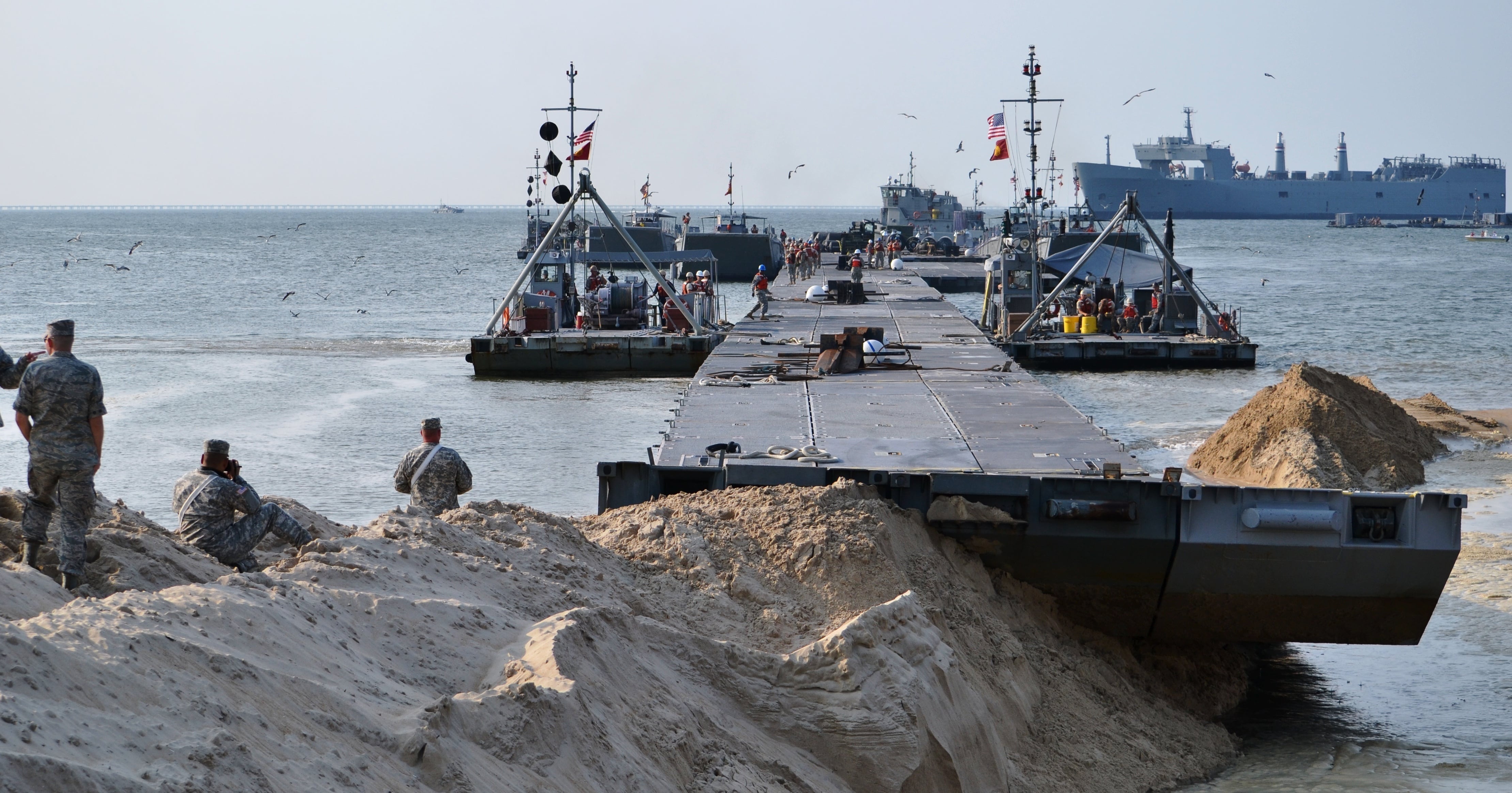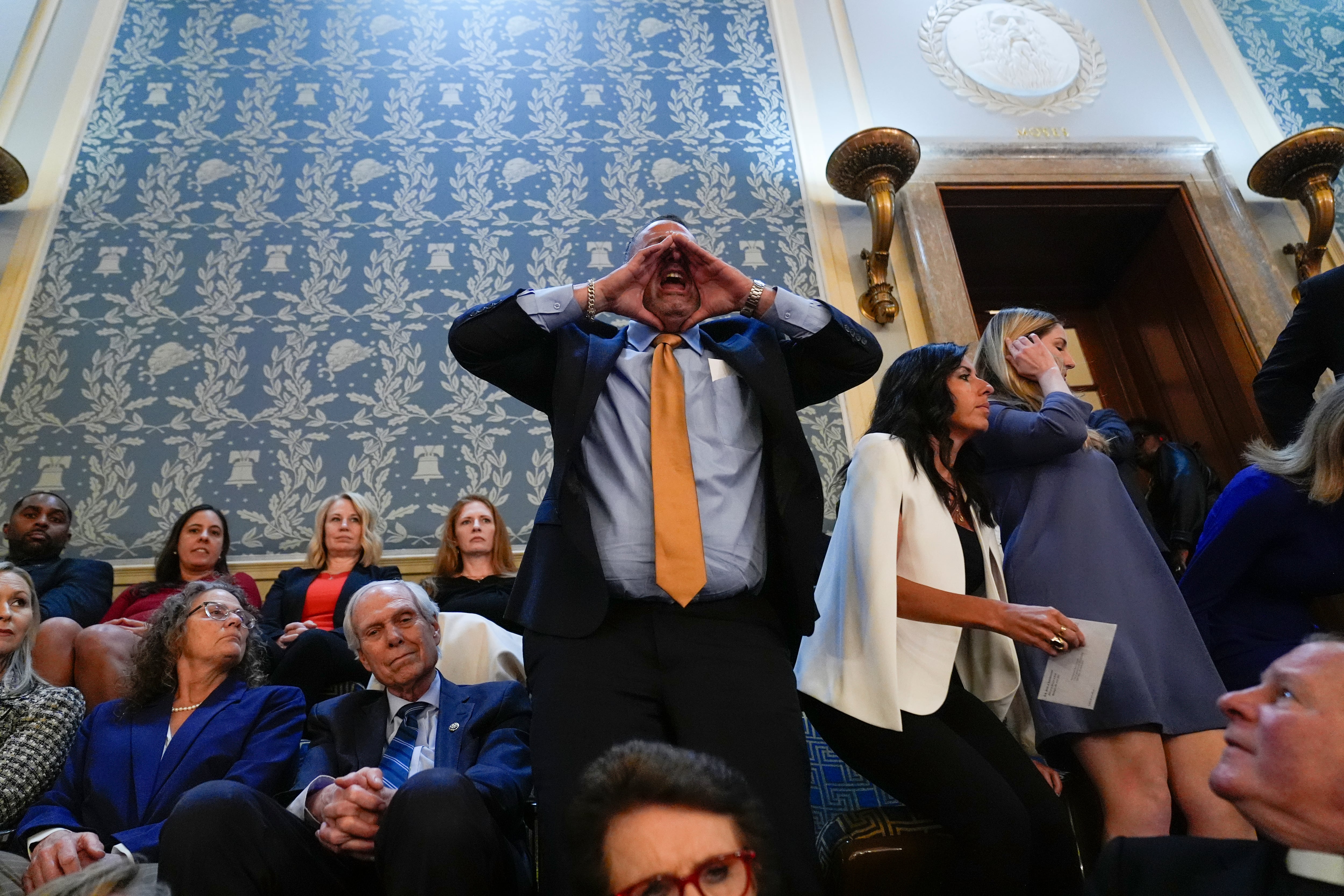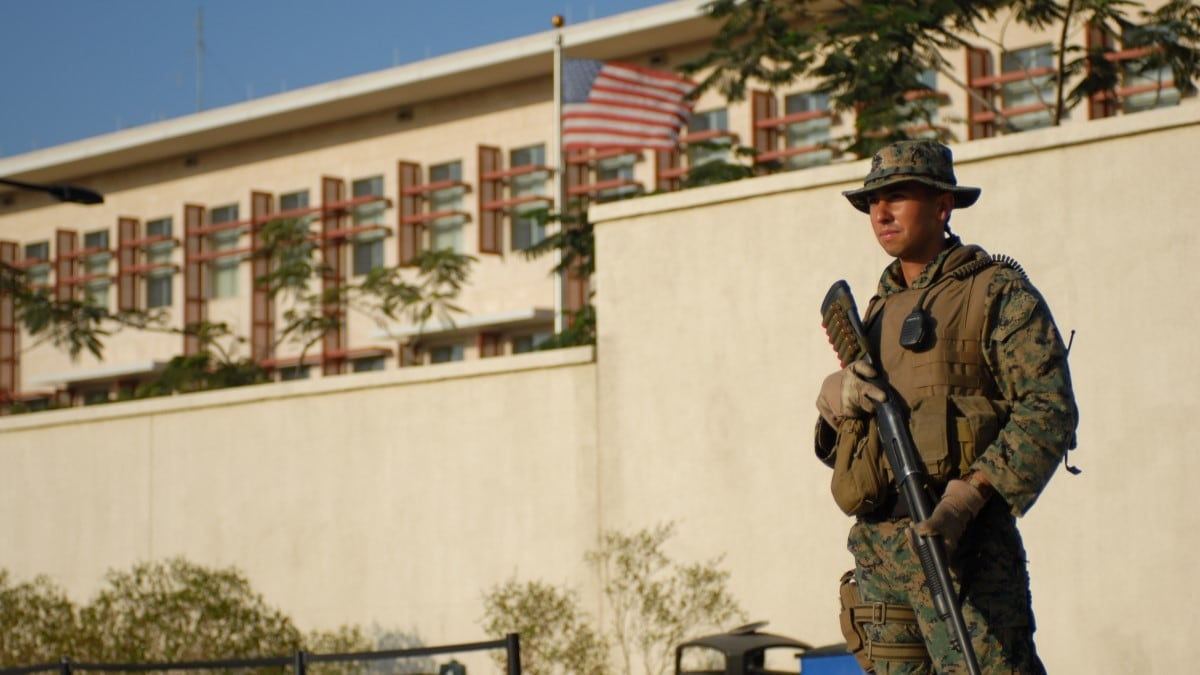Nurses at U.S. Department of Veterans Affairs hospitals in California and Georgia took part in nationwide demonstrations June 13 demanding improvements for short-staffed medical facilities.
Caregivers from the Jennifer Moreno VA Medical Center in San Diego and the Atlanta VA Medical Center joined peers from 16 other hospitals across the country to protest conditions they claim overburden medical personnel and compromise patient care. National Nurses United, the country’s largest union of registered nurses, organized the rally.
Understaffing has plagued VA medical facilities since the early 2010s, and the COVID-19 pandemic catalyzed the crisis. A VA Office of Inspector General investigation published last year found that 91% of Veterans Health Administration facilities reported a severe shortage of nursing staff during fiscal 2022. All 139 VHA facilities surveyed for the study reported acute vacancies in at least one occupation.
Erin McLeod, an NNU local director with 15 years of nursing experience at the VA’s San Diego campus, estimates that the hospital’s nursing team has operated at 80% of total capacity for several years. Bureaucratic hurdles and uncompetitive salaries are hampering agency efforts to remedy the issue, she said.
“If we’re paid less, and we have less support staff, and we’re not following a nurse-to-patient ratio like other hospitals, it makes it hard to hire and keep good nurses here,” McLeod told Military Times. “We want to serve those who have served and give them the best care we can, but it’s hard when our hands are constantly being tied.”
VA leaders are conscious of the problem.
“One of VA’s top priorities right now is recruiting, hiring, and retaining our great nurses,” a spokesperson told Military Times. “To do that, VA advocated strongly for the PACT Act and RAISE Act — which raised pay for more than 10,000 VA nurses across the country. We have also maximized bonuses and retention incentives to reward VA nurses for their excellent work and keep them at VA, where they belong.”
Officials also point to thousands of new nursing hires and comparatively low staff turnover rates as signs of progress.
From October 2022 through May 2023, “VA has hired 6,819 Registered Nurses, 1,413 Licensed Practical Nurses /Licensed Vocational Nurse, and 2,058 Nursing Assistants — more hires in these three critical occupations than at any time in the past 20 years,” the spokesperson added.
Still, many VA nurses and facilities continue to struggle. Teshara Felder-Livingston, an NNU shop steward, began working as a nurse at the Atlanta complex in 2017. She can recall few days when she and her team were not straining to juggle caregiving responsibilities.
“We do not have the correct staff mix to safely care for patients; it’s just not there,” she told Military Times. “We would need at least 20 to 30 more nurses to be able to do the things we’re being asked to do. Not having staff readily available for the patients is the biggest safety risk you can have at a hospital.”
She doubts that better compensation would ease the stress.
“Our wages in [the Atlanta area] are competitive,” Felder-Livingston said. “However, when people do come here to work, we’ve seen nurses leave within days when they see what’s required of them.”
Capping the number of patients assigned to an individual nurse and decluttering shift schedules could, she says, be more productive solutions.
Nursing industry
The VA’s staffing woes are symptomatic of broader troubles in the nursing industry. More than 100,000 registered nurses hung up their clogs between 2020 and 2021, according to a report published in the medical journal Health Affairs. A 2023 survey found that almost a third of the country’s remaining caregivers expect to follow suit because of the pandemic, when long hours, patient overloads, and inadequate equipment stretched many overworked hospital staffs thin.
Some experts attribute the nursing deficit to demographic and educational pressures—older nurses are retiring en masse, and there aren’t enough qualified caregivers to replenish their ranks. Meanwhile, the country’s elderly population—and, in turn, the demand for nursing care—is climbing.
NNU advocates reject this narrative. Shorthanded wards, they argue, are the product of hospital mismanagement and exploitative employment policies, not a lack of capable nurses.
“The hospital industry created the current staffing crisis through its own bad practices of routinely short-staffing units and driving away nurses who refuse to tolerate the moral distress and moral injury suffered from working in untenable, unconscionable, and unsafe work environments,” NNU wrote in a press release.
More than 14,000 of the NNU’s 225,000 members work in VA facilities. The union finalized a contract with the VA in May; the agreement outlines department pledges to improve staffing levels but falls short of affording VA healthcare personnel full collective bargaining rights. VA nurses staged protests at four hospitals last year to push negotiations forward.
Jaime Moore-Carrillo is an editorial fellow for Military Times and Defense News. A Boston native, Jaime graduated with degrees in international affairs, history, and Arabic from Georgetown University, where he served as a senior editor for the school's student-run paper, The Hoya.









